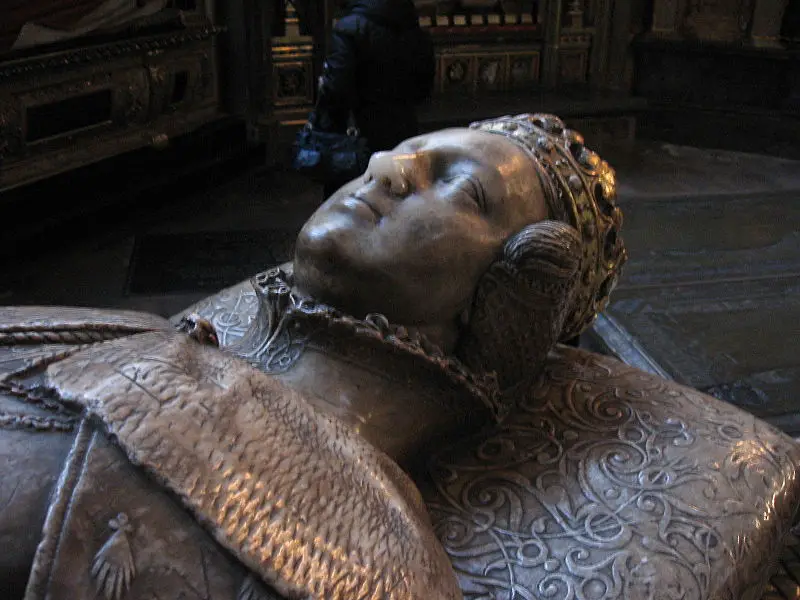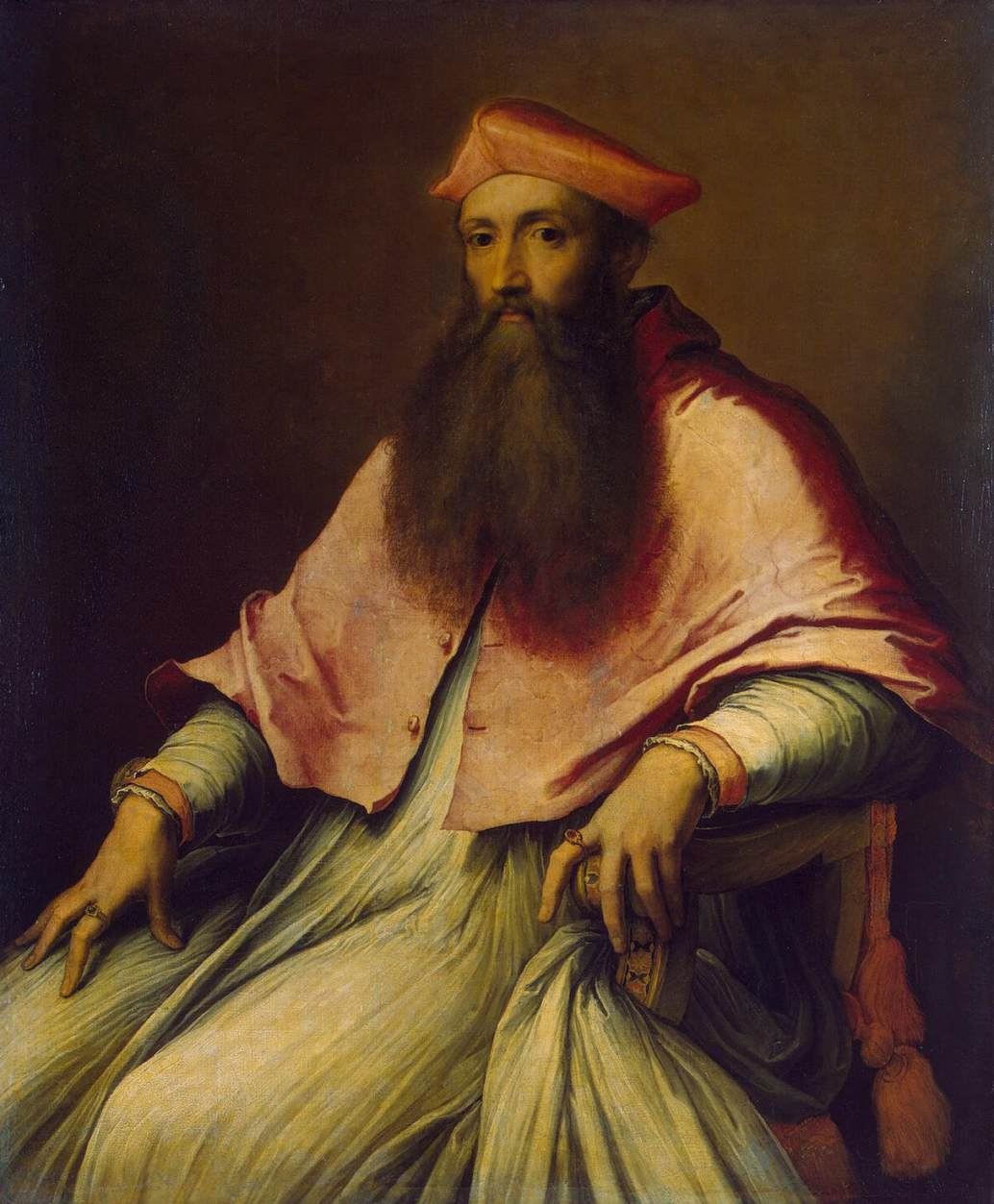
The Jesuit emblem
On this day in history, 19th November 1587, Henry Vaux, poet, Catholic recusant and priest harbourer, died of consumption at Great Ashby, the home of his sister, Eleanore Brooksby. Vaux was sent to Marshalsea prison after being arrested in November 1586 for offering accommodation and assistance to Catholic priests. He was released in May 1587 due to ill health.
Vaux was born around 1559 and was the son of Catholics William Vaux, 3rd Baron Vaux of Harrowden, and his first wife, Elizabeth Beaumont. Vaux and his sister Eleanore were educated by Edmond Campion, the famous Jesuit priest and martyr. Eleanore and her sister Anne were also Catholic recusants and priest smugglers, and Vaux' other sister Elizabeth was a Franciscan nun.
From 1580, Vaux, along with his sister Eleanore's husband, Edward Brooksby, was a chief member of a group which included Campion and another Jesuit priest called Robert Parsons. The group helped missionary priests sent to England by Cardinal William Allen from the English College at Rome.
Vaux' association with conspirators like Anthony Babington and Francis Throckmorton brought him under scrutiny by Sir Francis Walsingham, Elizabeth I's spymaster, and Vaux was arrested after he and his sisters Elizabeth and Anne helped to harbour Jesuits Robert Southwell and Henry Garnet.
Vaux was buried at Great Ashby.
Henry Vaux' poems can be found in MS. Folger Bd with STC 22957 in the collection of the Folger Library, Washington DC, and include a Latin poem on the passion of Christ, Carmina ... in passionem Jesu Christi, which Vaux wrote at the age of 13. His poems have led to him being labelled a "child prodigy".
The Vaux family are featured in Jessie Child's excellent book God's Traitors: Terror and Faith in Elizabethan England and you can enjoy a talk by Jessie Childs on "Religious Terrorism in Elizabethan England", about what life was like for Catholics living in the reign of Elizabeth I, here on the Tudor Society site - click here.
Today is also the anniversary of the birth of Robert Sidney, 1st Earl of Leicester, courtier, patron of the arts and poet, in 1563. Click here to read more about him and click here to read about his poetry.



Had he not been released with ill health he would have been found guilty on trumped up charges and brutally butchered with other Catholic martyrs under Elizabeth. Anne Vaux is famous for her work with the Catholic underground and as a feminist she is considered a heroine.